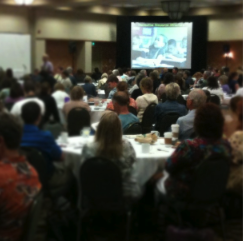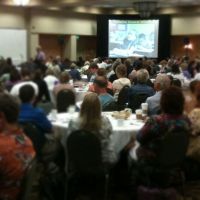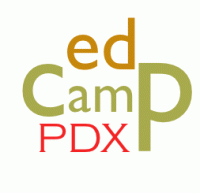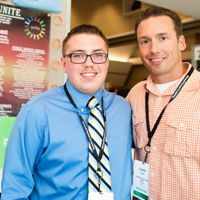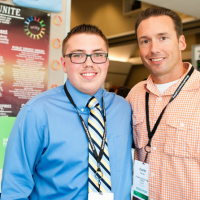
block schedule
Transitioning to a longer class (block schedule) is not as simple as combining what was taught in a few shorter lessons plans and throwing in some homework time at the end of class. It requires looking at the key elements of a lesson and re-thinking how they can be leveraged in the context of more instructional time.
- Content – what knowledge and skills will be studied?
- Process – what material and procedures will be used?
- Product – what will student produce to demonstrate their learning?
- Evaluation – how will the learning be assessed?
Instead of the block becoming an insufferable 80 minutes of having to “entertain” students, it becomes a learning environment filled with more student exploration and reflection on their progress as learners.
I’ve helped many teachers see the block as an opportunity to create a more engaging student-centered classroom by giving students some measure of decision making in these four elements. Instead of the block becoming an insufferable 80 minutes of having to “entertain” students, it becomes a learning environment filled with more student exploration and reflection on their progress as learners.
Of course, you can’t simply “throw students in the deep end” and expect them to take responsibility for all their learning decisions. But with scaffolding and support, students can take increasing responsibility for their reading, writing and critical thinking.
In support of a training project I’m conducting this week, I’ve created a Google web that features handouts, resources, videos and web 2.0 links. It also serves as a model for how Google docs and webs can be used as learning tools in the classroom.
Image credit: flickr/dibytes


